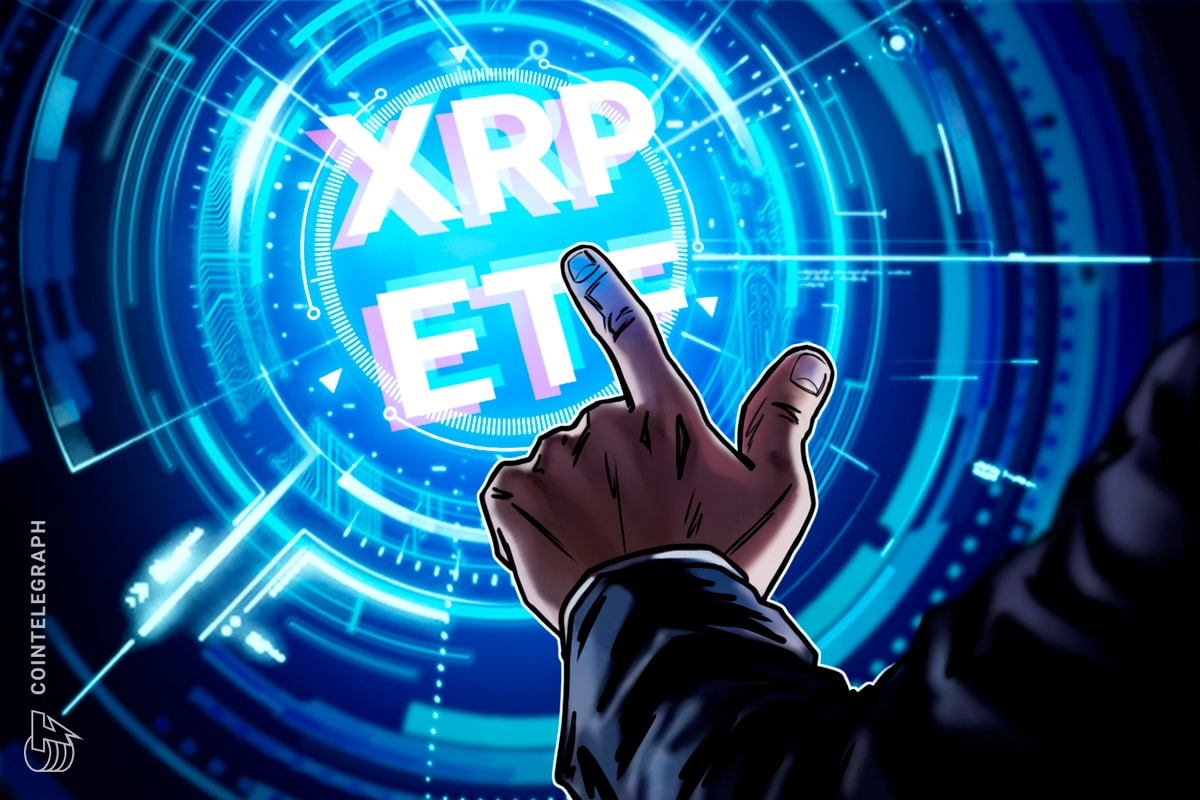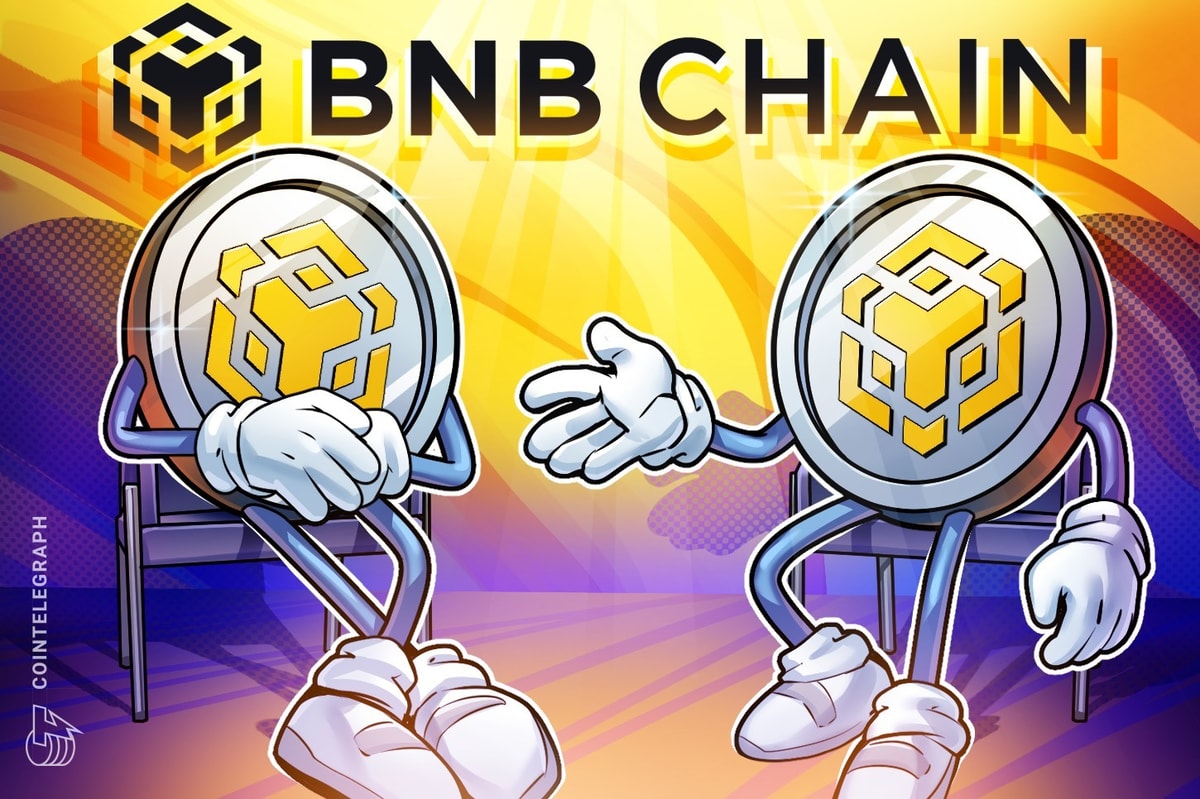
The Scaling Bitcoin workshops are gearing up for their second phase. After the initial conference in Montreal in September, Bitcoin's engineering and academic community will gather in Hong Kong later this week to discuss how best to scale up the network to allow for more than a handful of transactions per second.
To get a feel for what to expect from the workshop, Bitcoin Magazine
spoke with Pindar Wong, co-founder of Hong Kong's first licensed ISP and the Scaling Bitcoin Hong Kong planning committee chair, and MIT Digital Currency Initiative's Neha Narula, Scaling Bitcoin Hong Kong program chair
.
What will result from the upcoming
What will result from the upcoming @ScalingBitcoin workshop? https://t.co/DQxvHXuc7v
— ₿itcoin Magazine (@BitcoinMagazine) December 1, 2015
" rel="noopener external noreferrer" target="_blank">@ScalingBitcoin workshop? https://t.co/DQxvHXuc7v
BM: What do you hope to accomplish in Hong Kong?
Wong
: “With these conferences, we're trying to foster the educational and technical understanding that the scaling Bitcoin discussion is both broad and nuanced. In doing so, we hope to help build community, not by controlling the dialogue, but by synchronizing it by focusing on facts, not opinion. By using the scientific and academic approach we're trying to foster collaboration.”
Narula
: “One of the amazing things about this workshop is that we're actually going to get specific plans. We're going to have presenters talk about the BIPs [Bitcoin Improvement Proposals] that they have created, their designs, their ideas and their implementations. And we're even going to get some test data and experimental results.”
BM: Is this more specific approach the biggest difference as compared to the first edition in Montreal?
Narula
: “I think so. One major goal of phase one was community building, and really getting people together in one place who haven't had a lot of opportunity to talk to each other face-to-face. This time we're really trying to focus on the question of scaling Bitcoin; what are the strategies and techniques we can use to do that? The presentations are all directly related to the question of how to realize more transactions per second on Bitcoin's blockchain, including solutions like layering protocols.
Wong
: “Another concrete difference, the main reasons we began this process, is that we recognized that it would be much easier for the Chinese Bitcoin community to participate in Hong Kong. So we'll have Chinese miners, pool operators, ASIC providers, and also those who host facilities. So all the diverse voices, that we don't normally have, that we normally don't see on the development mailing list, will be there. That's the thing that I am most excited about.”
BM: Are you expecting a concrete scaling solution to come out of this conference?
Narula
: “I think it's important to note that this conference is not about forcing anyone to do anything. It's about providing the atmosphere and the space for this kind of discussion to happen. Instead of this discussion happening through the media, or through IRC, or on forums, it can actually happen in part face-to-face.”
Wong
: “We're basically a platform. We've been very clear at the beginning that we're not about making decisions, because it's not up to us. That said, it would be great if the workshops could help to achieve this notion of consensus. Obviously, given that Bitcoin is essentially a bottom-up structure, where everyone has their own points of view, consensus is not something that you can impose. It has to emerge, so we hope that having the dialogue, the communication, and this idea of collaboration might help.”
BM: But not everyone will make it to Hong Kong, of course. The most notable example being Bitcoin XT and Bitcoin Core developer Gavin Andresen.
Narula:
“Before phase one there was a lot of outreach activity ... it was the first time we've had all the five Core developers come to an event. It was a very precious opportunity for everyone to come together and have an understanding for where everyone's coming from. Similarly, for phase two, we've done outreach to all the key players, to make sure that they feel welcome, including Gavin. But I think that the distance is a bit much for him at this point. And we do recognize that it's a long way to come.
And it is up to anyone to decide to come – or not. That's why we've also made sure there are good online mechanisms. Most of the heavy talks are early in the morning to make sure that those on the American east coast can tune in to the live-stream and contribute through IRC.”
BM: How big a part will the block-size dispute play?
Wong
: “The block size is just one dimension. There are many different approaches to scale Bitcoin, such as layer two mechanisms that were touched on in phase one in Montreal. Even the issue of 'What does it mean to scale Bitcoin?' is not really settled; different people have different views.
But yes, as opposed to phase one, we will look specifically at the block-size parameter in Hong Kong. We're also looking at the testing that has been done in between phase one and phase two, and we've set up a cloud infrastructure at the conference hall, so people who have developed code and want to test it can do so.”
BM: One common criticism against the first workshop in Montreal was that there wasn't really any result to show for. Some even allege that the conferences are a stalling mission, in order to prevent the block-size limit from being increased and win time for alternative scaling solutions to be developed.
Wong
: “Whether we're stalling or not is in the eye of the beholder. I do know that the volunteers who have come forward to organize these conferences, like myself, are all working as fast as we can.
The more substantive point is: Did phase one achieve what we said phase one would achieve? And did the period in between phase one and phase two achieve what we originally intended it to achieve? I would say that we've had mixed success.
From a community-building perspective and from an educational perspective, phase one was phenomenally successful. However, I do recognize that in terms of the technical consensus, we're still in relatively early days. There is a lot of testing to be done. In some sense, therefore, phase two is really phase 1.5; we are half a phase behind. I take a lot of responsibility for that. I thought this would be the right amount of time and the right amount of space that people would need, but that might have been a bit optimistic. It would have been better to have more time between phases.”
Narula
: “I think it's important to note that this is an ongoing process. I only got involved after phase one myself, but everyone I spoke to about that conference said it was one of the best Bitcoin conferences they've been to. That was in part because it was really about the technical discussions, not just a sales pitch from various companies, and VCs [venture capitalists], and things like that.
We intend the second phase to be really about the community and the piece of software that they're building, too. Because Bitcoin really is an amazing system. But, unfortunately, it's also extraordinarily complicated, and there are a lot of moving pieces. That's why we need things like this conference. Let’s work on it.”
Scaling Bitcoin Hong Kong will take place on the 6th and 7th of December. For the full schedule, tickets, online participations, and more information, visitscalingbitcoin.org










